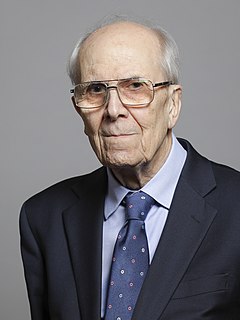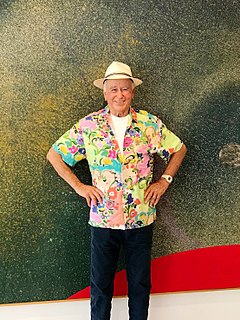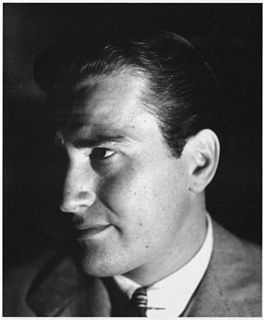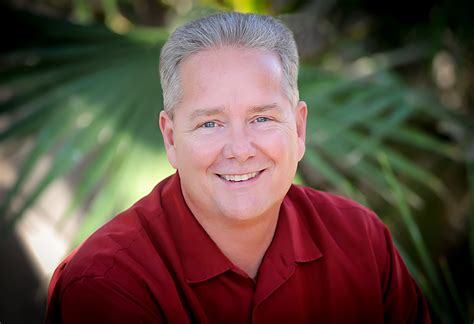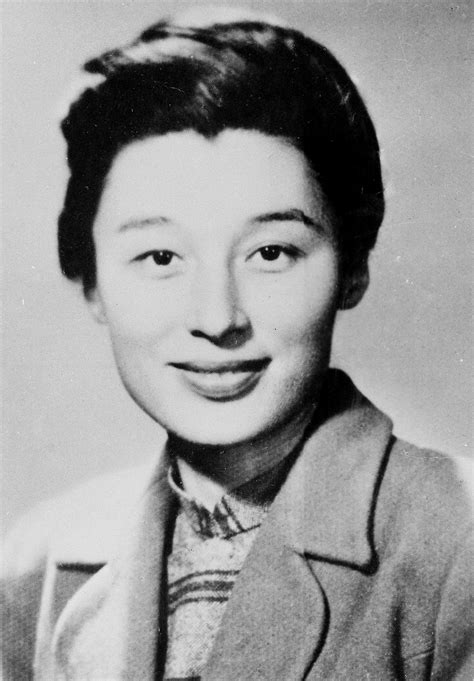A Quote by Norman Tebbit
Bad art was as good as good art. Grammar and spelling were no longer important. To be clean was no better than to be filthy. Good manners were no better than bad. Family life was derided as an outdated bourgeois concept. Criminals deserved as much sympathy as their victims. Many homes and classrooms became disorderly - if there was neither right nor wrong there could be no basis for punishment or reward. Violence and soft pornography became accepted in the media. Thus was sown the wind, and we are now reaping the whirlwind.
Quote Topics
Accepted
Art
Bad
Basis
Became
Better
Bourgeois
Classrooms
Clean
Concept
Could
Criminals
Deserved
Family
Family Life
Filthy
Good
Good Art
Good Man
Good Manners
Grammar
Homes
Important
Life
Longer
Manners
Many
Many Homes
Media
Much
Neither
Nor
Now
Outdated
Pornography
Punishment
Reward
Right
Soft
Spelling
Sympathy
Than
Thus
Victims
Violence
Were
Whirlwind
Wind
Wrong
Related Quotes
The terms good and bad indicate no positive quality in things regarded in themselves, but are merely modes of thinking or notions, which we form from the comparison of things one with another. Thus one and the same thing can be at the same time good, bad, and indifferent. For instance, music is good for him that is melancholy, bad for him that mourns; for him that is deaf; it is neither good nor bad.
For more than two generations, my family had never achieved their ambitions. Their talents were unappreciated and unused. They deserved better. They hadn't done anything wrong; they just had some bad breaks. Why was I succeeding? Why was I living my dreams? I wasn't more deserving than they were. I wasn't smarter or a better person. What was the difference between us that allowed me to attain so much in a short time? America. America was the difference. I had been born a citizen of the greatest nation in all of human history.
The art of governing [focusing] the passions is more useful, and more important, than many things in the search and pursuit of which we spend our days. Without this art, riches and health, and skill and knowledge, will give us little satisfaction; and whatsoever else we be, we can be neither happy, nor wise, nor good.
These ways to make people buy were strange and new to us, and many bought for the sheer pleasure at first of holding in the hand and talking of something new. And once this was done, it was like opium, we could no longer do without this new bauble, and thus, though we hated the foreigners and though we knew they were ruining us, we bought their goods. Thus I learned the art of the foreigners, the art of creating in the human heart restlessness, disquiet, hunger for new things, and these new desires became their best helpers.
Acting became important. It became an art that belonged to the actor, not to the director or producer, or the man whose money had bought the studio. It was an art that transformed you into somebody else, that increased your life and mind. I had always loved acting and tried hard to learn it. But with Michael Chekhov, acting became more than a profession to me. It became a sort of religion.
